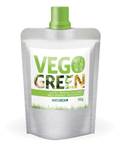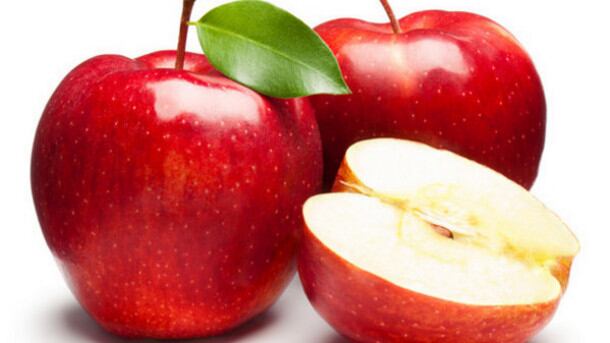Sweet and savoury all in one - Naturex's Vego

A puree snack made with kale and passion fruit or red pepper and raspberry may seem like strange flavour combinations - is it sweet or savoury? - but the trend for mixing up fruit and vegetables is set to grow, said Baptiste Demur, food & beverage business manager at Naturex.
Adding vegetables to product formulations allows manufacturers to meet the three expectations of millennial consumers: flavour experience, healthy food and convenience.
“That is what we refer to as 'intuitive nutrition' – consumers know vegetable containing foods and drinks are healthier options. Incorporating vegetables to classically fruit-based foods is actually a powerful way to cut sugar levels while maintaining a significant fruit and vegetable level,” he told FoodNavigator.
Vego comes in different forms to suit a range of applications. Vegetable juices, concentrates and purees could be used in beverages, dairy, sauces or ready meals while the dehydrated fruit and vegetable range could be used in confectionery, bakery products, powdered soups and baby food.
According to Mintel data, 45% of juice drinkers say that adding vegetables to juice is a good way of cutting sugar levels, with similar trends seen across Europe.
Unleashing umami with Scelta's Taste Accelerator

Nominated for an FiE award for best functional ingredient, Scelta's Taste Accelerator uses mushroom extract to increase umami flavour, allowing for up to 50% sodium reduction.
Available in powder form for topical applications such as chips and nuts, liquid for sauces, meats and stocks or a baking powder for bakery products, it can be listed as a natural aroma keeping the label clean
So why should it win the innovation award? Head of marketing at Scelta, Jeroen Dekkers said: “Because it effectively addresses a problem many food companies are struggling with in a 100% natural way.
"In the Western diet about 80% of salt intake comes from processed foods, such as bread, meat and cheese. Food companies are responding to this and have made salt reduction a top priority. Unfortunately, reducing salt in food products also reduces flavour and palatability in the initial phases of the reduction of salt intake.”
Dekkers said that by adding 0.08% of the total weight, companies can reduce sodium anywhere between 25% to 50%.
Already supplying to a Dutch savoury biscuit manufacturer, Dekkers said the main regions the company was focusing on were the Netherlands, the UK and Scandinavia.
Rooted and real with Taura's named-variety fruit pieces
As part of its URC range, which stands for ultra rapid concentration, Taura Natural Ingredients is launching concentrated fruit pieces using Normandie apples, Roussillon apricots and American Concord grapes – named-variety fruit ingredients allow food manufacturers to tap into the ‘rooted and real’ trend.

According to Mintel, one of the top trends for 2016 will be a focus on the ‘authentic’, craft origins of products and the ingredients used
Raf Vanlommel, Taura’s Marketing Manager for EMEA, said: “All of our ingredients are of the highest quality, but these are something special. They retain all the flavour characteristics of the original fruit variety, adding a touch of class to a product. If you’re looking to create a point of difference and appeal to more discerning consumers, then these pieces are the perfect fit.”
The URC range comes in the form of flakes, pieces or pastes and can be used in bakery, confectionery, chocolate and snack bar applications.
Conference highlights
Don't forget to attend some of the conferences and debates on the latest issues affecting the food industry.
Beverage Innovation, covering the latest trends and innovations and solutions for sugar reduction (1 December, 2:30 - 4:15pm)
Bringing sports nutrition into the mainstream, looking at opportunities and challenges in the sports nutrition market and regulatory requirements (2 December, 11:15 - 1pm)
Product development strategies, looking at how multi-sensory eating experiences, packaging and private label brands are shaping product development (December 2, 3:45 - 5:30 pm)
New developments in healthy ageing, looking at nurtition and brain health, and how to market to older consumers (2 December, 1:30 - 3:15 pm)
Implementing food safety, on how to protect your brand amid food adulteration and new guidance on food allergens (3 December, 9 - 10:45 am)
